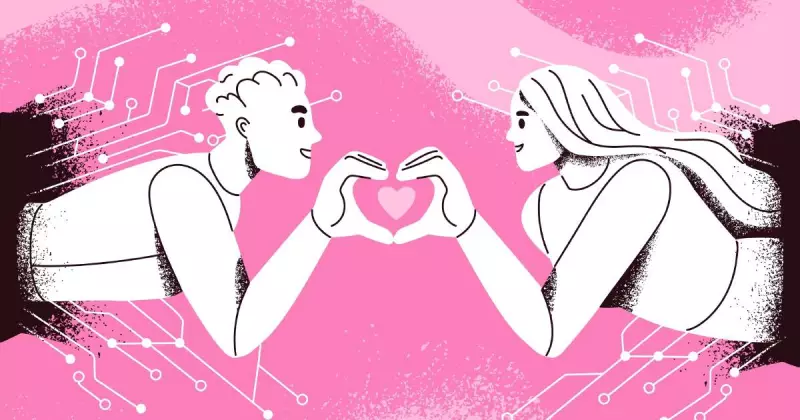
For many Australians, the pattern feels painfully familiar: repeatedly finding themselves in toxic, painful relationships despite desperately wanting closeness and security. According to leading psychotherapist Leanne Schubert, this recurring cycle might be more than just bad luck - it could signal love addiction.
The AI Connection: Chatbots Filling Emotional Voids
The emergence of AI chatbots has highlighted just how powerful our need for connection truly is. Recent data reveals that one in seven adult Australians could imagine falling in love with an AI chatbot, while nearly three in ten Australians have already been emotionally vulnerable with platforms like ChatGPT.
"For someone who talks to a chatbot every day and has challenges forming secure relationships, the constant attention and support can start to feel like a real emotional bond," explains Schubert, who specialises in developmental trauma and addiction treatment.
Recognising Love Addiction Patterns
While still debated in clinical circles, love addiction is gaining recognition as a genuine condition affecting many Australians. Schubert, who serves as director of inpatient and day programs at South Pacific Private, emphasises that love addiction goes far beyond simply having a "habit of choosing the wrong people."
"It is an obsession broadly defined as an unhealthy fixation on another person with whom we may or may not have a relationship with or have even met," she says.
Like other addictions, love addiction displays classic symptoms including emotional withdrawal, obsessive feelings, and dependence. The condition often stems from low self-esteem or feelings of unworthiness, driving individuals to seek validation through relationships.
Common signs of love addiction include:
- Fear of abandonment
- Difficulty maintaining healthy boundaries
- Confusing love with neediness
- Returning repeatedly to painful relationships
- Emotional or sexual manipulation and dependency
- Romantic obsession and fantasies
The Path Toward Healthier Relationships
When left untreated, love addiction can lead to years of emotional turmoil, repeated break-ups, and significant impacts on mental health. The modern dating landscape, with its emphasis on apps and hook-up culture, may exacerbate these patterns by depersonalising intimacy.
"In today's world where connection is reportedly surface-level, people can become obsessed with a fantasy they create," Schubert notes, highlighting how this increases the risk of developing love-addictive patterns.
The good news is that awareness is growing, and treatment options are becoming available. Several centres across Australia now offer specialised programs for love addiction, including self-assessment tools developed by clinical teams to help individuals identify key indicators.
Schubert advocates for treating relational compulsion with the same seriousness as substance dependence. "Understanding the factors that drive your relationship patterns can be the first step toward building healthier connections," she says, noting that many patients experience relief when they finally understand the patterns behind their relationship struggles.





